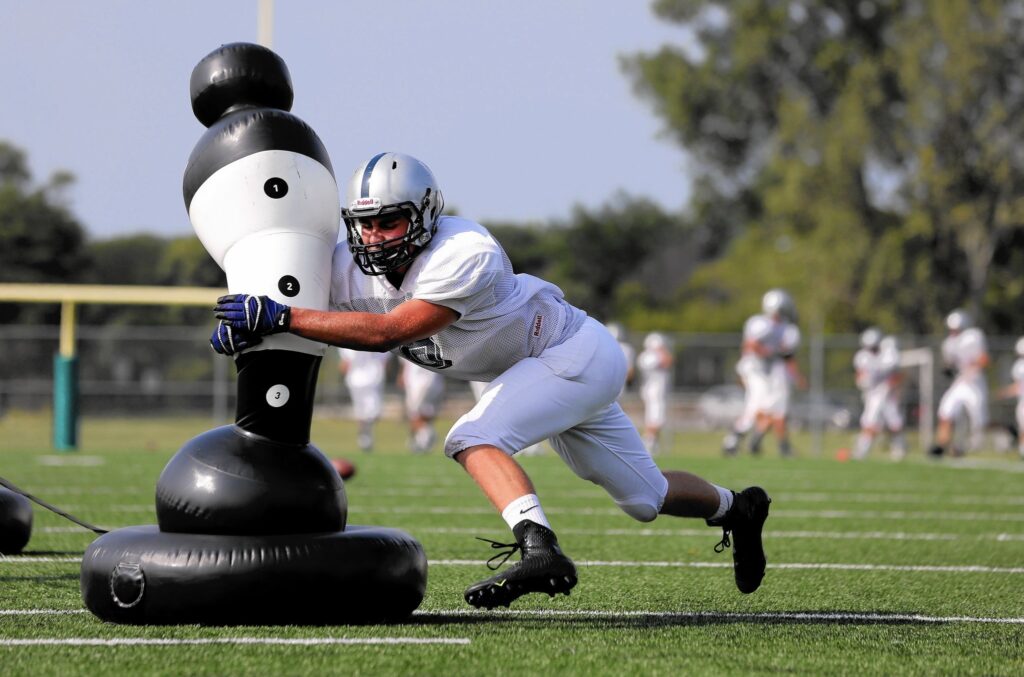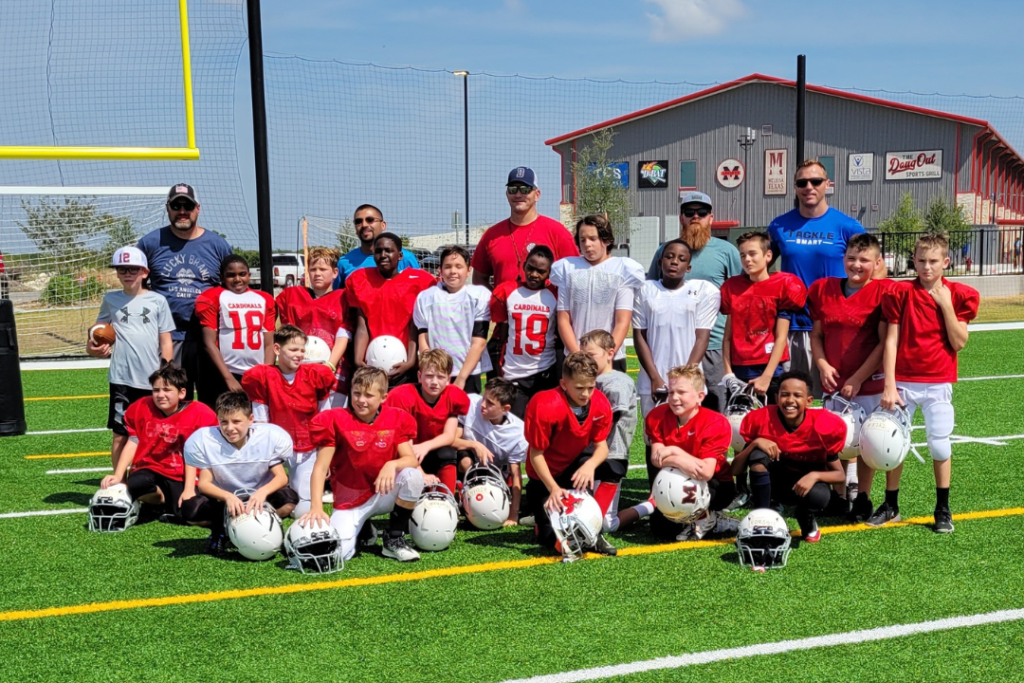As summer approaches, many parents are considering enrolling their children in youth football programs. With the benefits of physical activity, teamwork, and skill development, football training offers a rewarding experience for kids. However, choosing the right program can be daunting. From finding youth football near you to selecting the best trainers, there are crucial factors to consider. This guide will delve into youth football training, providing insights and tips to help parents make informed decisions for their young athletes.
Understanding Football Training
Football training for youth combines various elements, including skill development, physical conditioning, and tactical understanding. Whether your child is a beginner or has some experience on the field, a well-structured training program can nurture their abilities and foster a love for the sport. In terms of youth football training programs, the majority cater to different age groups, ensuring activity levels and coaching methods that are age-appropriate.
“Where Can I Find Youth Football Near Me?”
When searching for youth football programs, start by looking for options in your local area. Use online resources and directories to find clubs or organizations offering football training near you. Keywords like “football training near me” can yield relevant results, providing a list of nearby options for your consideration. Additionally, check with community centers, schools, or sports facilities in your area, as they may host youth football training programs during the summer months.
Choosing the Right Trainers
Coaching quality plays a pivotal role in the development of young football players. Look for experienced and certified coaches who prioritize safety, skill development, and positive reinforcement. Seek recommendations from other parents or players who have participated in the program before. A coach’s effectiveness may also be assessed by the positive and negative reviews and testimonials posted on the coach’s website. Use keywords such as “football trainers near me” or “football training near me” to refine your search and explore options in your vicinity.
Key Considerations for Parents
The following factors should be considered before deciding whether to enroll your child in a youth football training program:
1. Safety Protocols:
Ensuring player safety is paramount, especially in tackle football programs. Program managers must enforce safety guidelines, conduct proper equipment fittings, implement injury prevention protocols, and establish emergency procedures to safeguard participants.
2. Age-Appropriate Training:
Look for programs in tackle football or flag football that tailor their training sessions to suit the age and skill level of your child. Age-appropriate drills and exercises are essential for effective learning and development.
3. Balanced Approach:
A well-rounded football training regimen should focus on skill development, physical conditioning, teamwork, and sportsmanship. Avoid programs that overly emphasize competition at the expense of holistic player development.
4. Communication:
Regardless of whether it’s tackle or flag football, choose a program that values open communication with parents and provides regular updates on your child’s progress, upcoming events, and any changes to the schedule.
5. Positive Environment:
It is critical to find a football program that fosters a positive and supportive environment, in which children can feel encouraged and inspired to learn, grow, and enjoy the game itself.
Benefits of Youth Football Training
Taking part in youth football training can offer a wide range of benefits for children, including the following:
1. Physical Fitness:
The dynamic drills and exercises in football training are designed to improve cardiovascular health, strength, agility, and coordination.
2. Skill Development:
As players progress through the program, they have the opportunity to learn fundamental football skills such as passing, catching, tackling, and decision-making, enhancing their overall athleticism and understanding of the game.
3. Teamwork and Leadership:
Collaborating with teammates and achieving common goals is a key aspect of football that brings out teamwork, communication, and leadership skills among players.
4. Discipline and Resilience:
Through structured training sessions and competition, children develop discipline, resilience, and a strong work ethic, which are valuable traits both on and off the field.
5. Socialization:
Football programs for young people provide them with the opportunity to make friends and interact with peers from a variety of backgrounds, as well as develop social skills in a supportive environment.
As you prepare to enroll your child in youth football training this summer, remember to prioritize safety, quality coaching, and a positive learning environment. By utilizing resources such as online directories and community recommendations, you can find reputable programs offering football training near you. Remember the key considerations outlined in this guide to ensure that your child’s experience is rewarding, enjoyable, and conducive to their overall development as young athletes and individuals.




